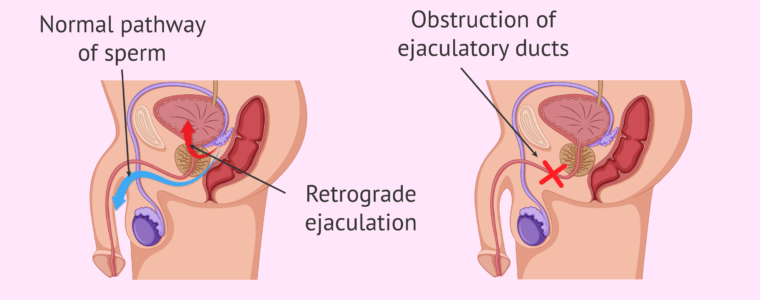
Aspermia: Causes Symptoms Complication Prevention
Aspermia: Causes Symptoms Complication Prevention is well gathered to give you informations on absence or low sperm count. And with a natural cure.
Please visit www.3.africbio.net to discover more African recipes for free.
Aspermia: Causes Symptoms Complication Prevention
Aspermia,
Etiology,
Natural Treatment.
Aspermia Definition
Aspermia is the complete lack of semen with ejaculation, due to either an inability to transport semen (anejaculation). Or to ejaculate in an antegrade direction, which is associated with infertility. Two major causes of aspermia are retrograde ejaculation, ejaculatory duct obstruction, and sexual dysfunction. Among almost one thousand plus of patients studied for the causes of male infertility. The main cause of aspermia was severe sexual dysfunction (71.7% of aspermia patients). Despite of these, there are still many other causes we want to explore. We also want to review the outcome of different treatments.
Aspermia is the complete lack of semen with ejaculation. It is associated to infertility. Many different causes were reported. Causes such as infection, congenital disorder, medication, retrograde ejaculation, iatrogenic aspermia. The main treatments based on these etiologies include anti-infection, discontinuing medication, artificial insemination. More also, intracytoplasmic sperm injection (ICSI), in vitro fertilization, and reconstructive surgery. Some outcomes were promising even though the case number was limited in most studies. It is difficult to predict the potential effects of offspringing of men whose infertility linked to genetic condition. We recommend genetic screening before any reproductive technics.
Congenital and developmental disorders
Approximately 13.% of infertile men with aspermia and 4.6% with oligospermia have a coexistent chromosome abnormality. It could be a deletion in Y chromosome. Breakpoint interruption on the long arm of Chromosome 18, X/autosome translocation, 45, X/46, X, r (Y) karyotype, Klinefelter’s syndrome, cystic fibrosis, and Sertoli-cell-only syndrome. Besides a decrease in spermatogenesis, it is unclear if other mechanisms present for the aspermia.
Klinefelter’s syndrome
The incidence of Klinefelter syndrome in the general population is 0.1-0.2%, some 3% among infertile patients, and approximately 11% in patients with aspermia. In one study, the results of an analysis of seminal fluid, chromosomal formula, and testicular tissue performed on 32 men (including 2 prepubertal boys) with Klinefelter’s syndrome are presented. Aspermia was noted in 11 cases. In very rare cases, these patients might manifest focal residual of spermatogenesis.
Cystic fibrosis
Aspermia caused by absence of the vas deferens is well known in cystic fibrosis. Genetic screening for cystic fibrosis revealed a compound heterozygote for CFTR mutations delta F 508 and R 117 H. In one study, delayed menarche in five of seven female patients and infertility in the asymptomatic male patient (two of whom were found to have aspermia) could have led to earlier diagnosis. Teenagers and young adults with long-standing pulmonary or digestive symptoms, unexplained cirrhosis, aspermia, or a sibling with cystic fibrosis should be sweat-tested by pilocarpine iontophoresis. At least half cystic fibrosis patients now reach adulthood. One study reported on 61 patients over 18 years of age who had a clinical picture of cystic fibrosis at the time of diagnosis. Semen analysis in five men revealed aspermia.
Serotoli syndrome
The Sertoli-cell-only syndrome is characterized histologically by complete loss of the germinal epithelium in testicular tubules, and clinically by aspermia, i.e., lack of spermatozoa and their earlier stages in the ejaculate. One study examined 53 cases of Sertoli-cell-only syndrome out of a series of 2700 testicular biopsies. All 53 patients had aspermia, and no remnants of germ cells were identifiable in the testicular biopsies.
Single nucleotide polymorphisms in UBR2 gene
The associations between three single nucleotide polymorphisms (SNPs; rs3749897, rs16895863 and rs373341) of UBR2 gene and idiopathic aspermia or oligospermia were investigated in a study from China by a case-control experiment with 149 fertile and 316 infertile men, including 244 patients with idiopathic aspermia and 72 patients with severe oligospermia. A significant difference between the oligospermia men (oligospermia group) and the fertile men (control group) was observed.
